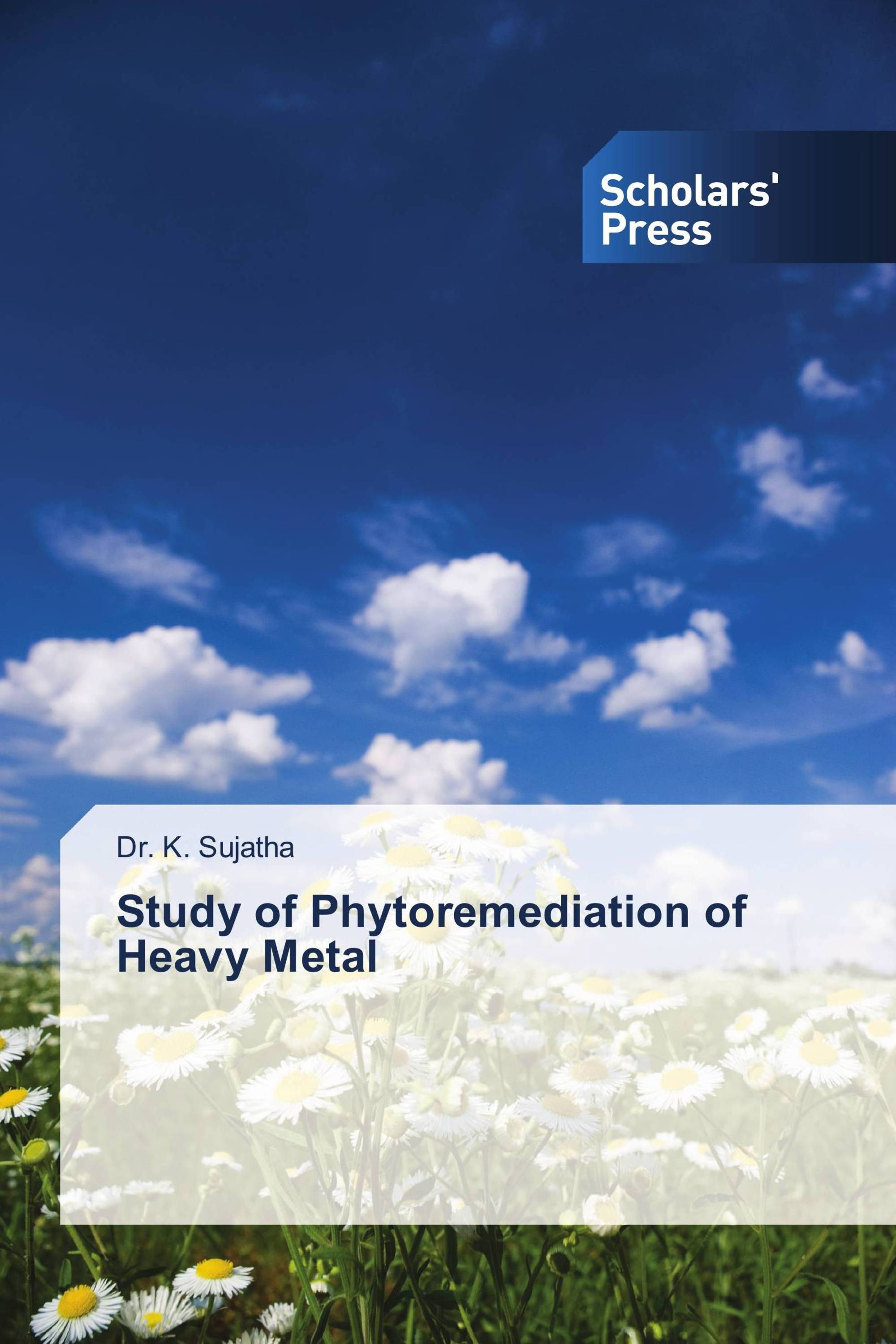The chemical composition of sea water and freshwater influences to a great extent the speciation of heavy metals. In river water (which mostly is turbid) large proportion of metals is bound to organic and inorganic particulate matter. Other factors which influence speciation are: pH, hardness, and dissolved organic matter (Salomon’s and Forstner, 1984). Large amounts of dissolved organic complexes and particulate matter with heavy metals are transported great distances to end up in the sediments of the estuaries. Some metals, such as Cd, can be released from their organic complexes by increasing Cl (chlorine) concentrations, which form chloride complexes (Elbay-Poulichet et al. 1987). Metal in the aquatic environment are bioaccumulated by organisms either passively from water or by facilitated uptake. Essential metals are maintained by binding to organic molecules at a variety of biochemical sites where they function mainly as catalysts to induce or enhance enzymatic activity (Regan, 1993). Essential metals at high concentrations can have sub lethal toxicity effects to some organisms or lethal consequences to others. Also, metals at deficient concentrations can have again.
Book Details: |
|
|
ISBN-13: |
978-620-2-31628-6 |
|
ISBN-10: |
6202316284 |
|
EAN: |
9786202316286 |
|
Book language: |
English |
|
By (author) : |
Dr. K. Sujatha |
|
Number of pages: |
164 |
|
Published on: |
2018-08-30 |
|
Category: |
Botany |
